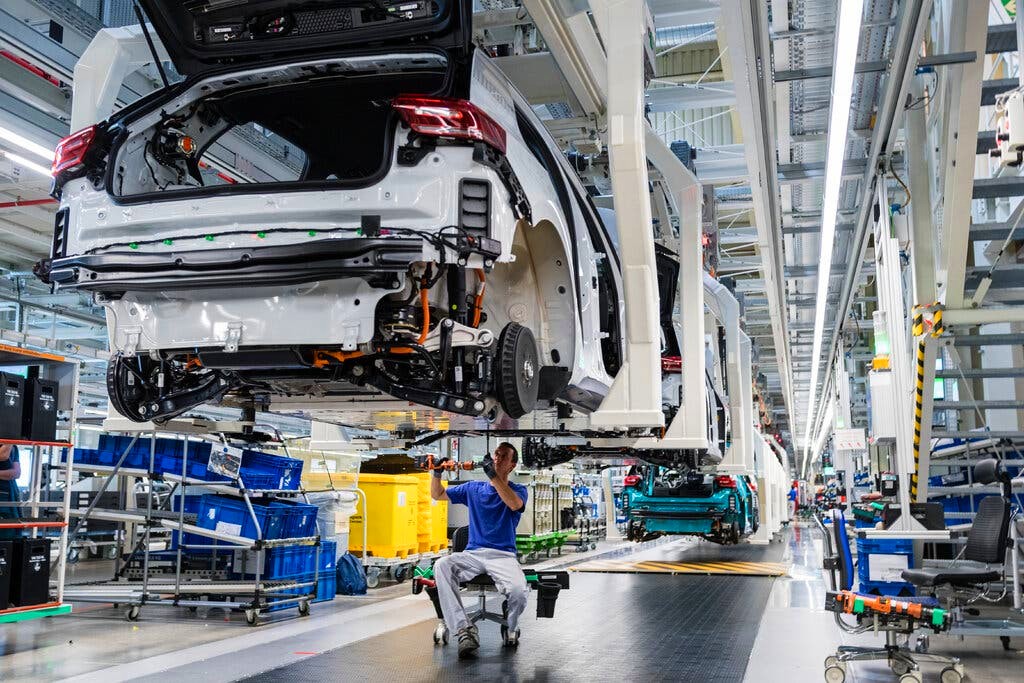Are giant automakers shutting factories due to the global chip shortage?

The Global chip shortage has vastly affected the supply chain and other industries. Recently, Ford and Chevrolet are reportedly halting production on their respective flagship performance cars, the Mustang and the Camaro, for a week due to supply chain issues. While the pauses probably won’t make it that much harder to get a muscle car, they are just the latest in a string of automotive delays caused by shortages of chips and other supplies.
Halting Productions due to Global Chip Shortage
Ford is explicitly citing the chip shortage as the reason it’s not producing cars at its Flat Rock assembly plant where Mustangs are made. This isn’t the first time the company has struggled with supply issues — it’s had to cut back on the production of the F-150 and other vehicles multiple times, and earlier this year, it started selling Explorers that were missing minor features, reportedly due to a lack of chips.
General Motors, Chevy’s parent company, has had similar problems, however, the company didn’t comment on exactly why it was pausing production at its Lansing Grand River facility responsible for making the Camaro and Cadillac CT4 / CT5. In 2021, the company had to shut down six of its US-based plants and dropped features like wireless charging and gas-saving Active Fuel Management systems from some of its vehicles. It even blamed the shortages for the dip in sales that handed Toyota the “top seller of vehicles in the US” crown that GM had held for almost a century.
Shuttering Down Factories
Ford and GM would obviously rather not have to shutter their factories and have taken steps to improve the situation — late last year, they both announced partnerships with chipmakers. But designing your own chips or changing manufacturing are projects that could take years, and any company that touches technology is fighting to get semiconductors right now.
Other automakers have also been affected by the supply chain stresses of both a pandemic and the Russian invasion of Ukraine. Just within the past two months, BMW has halted production at some of its German factories, Tesla had its Shanghai factory closed by COVID restrictions, and Nissan delayed a wider launch of its Ariya EV in Japan thanks to the chip shortage. Volvo and Toyota have also had to make production cuts.
As automakers struggle with production, it’s become harder for consumers to buy cars as well. New cars, when they’re available, have gotten more expensive, and some used cars are even being sold for more than they cost new.
Also Read: Google Introduces Own Billing Systems for Developers and Starts with Spotify
